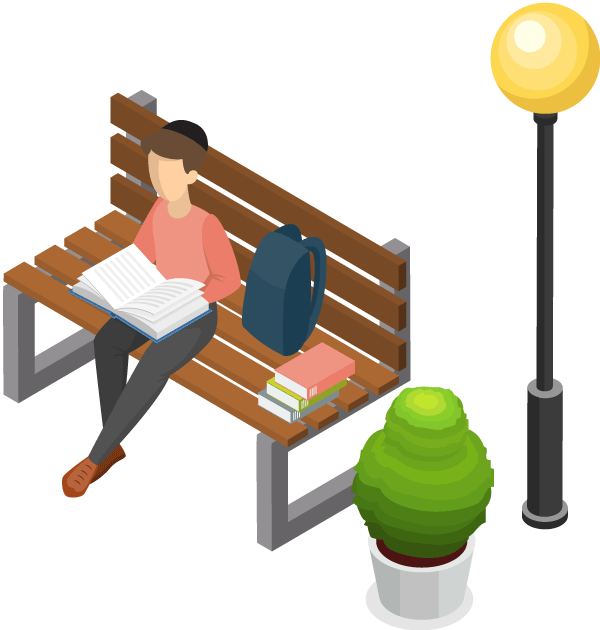The Stories
However unique the details, they all have something in common — they are capable of more than they think.

Boy, age 11
He walked in for his evaluation with “I can’t do anything right!” at the tip of his tongue. He often left his reading-based work for last so that he’d “run out of time” and, as soon as the teacher started calling on kids to read the Chumash out loud, he’d find a reason to get kicked out of class. His parents signed him up for the school’s resource room and hired private tutors, but he was still failing in school.
When he came for an evaluation, it was immediately clear that he didn’t know his letters or nekudos. For most people it was as simple as ABC — for him it was a guessing game each time. He felt like reading was out of his hands because, when you guess, you can’t control if you’ll be right or wrong. He had a learned helplessness that bled into the rest of his schoolwork. His reading methods often failed him, and he didn’t know how to do it differently — so why keep trying?
Within seven months, he learned to read, and to reframe his mindset about learning. Kriah was no longer a challenge and he no longer got kicked out of class. Today, he’s learning in a mainstream mesivta.

Girl, age 15
She walked in for an eval after her ninth grade Tanach teacher flagged that something was wrong. She didn’t participate in any of the class — no discussions, no reading, no analysis of the stories. But she was wary of coming for sessions. Who wants to start with Alef-Beis in high school?
She showed up for her eval with her arms crossed. When I passed her a whiteboard, she threw it back. When I handed her a pen, she let it fall to the floor. Years of “ineptitude” had taken their toll. She was angry — and frustrated. The dots and dashes of nekudos were just that to her — dots and dashes. She couldn’t associate meaning or sound with them. On top of that, any letters with similar sounds, names, or looks were a blur to her. She struggled to tell them apart.
Immediately after her eval, her parents called that their daughter wanted to book sessions. For the first time, she felt like she had a chance to stay on par with the class. Through a multi-sensory curriculum that included everything from mnemonics, to acting out letters, to drawing them on mirrors, she learned to read. Her marks changed immediately and her confidence grew. She walked in with her arms crossed and walked out with her head held high.

Boy, age 13
There were times he got so frustrated by reading that he literally ran out of the room mid-sentence. He morphed into the class clown — always the one to volunteer for trouble because everyone laughed at him anyway, so why not? His behaviour was shocking and his marks were dipping. Fast.
His parents hired tutors and signed him up for the resource room, but there was no change. When he came for an eval at age 11, his reading skill was practically non-existent. He was confusing the order of letters in words, mixing up similar-looking letters, and breaking words in seemingly random places. In short, he had dyslexia.
We worked on creating a new syllable system that he could understand and retain and — over the course of two years — he built his reading up from there. When he first started sessions, he had no plans for his bar mitzvah. He didn’t want an Aliyah — it was too embarrassing. He didn’t want to say a dvar Torah — it was too hard to learn. By the time he turned thirteen, not only could he layn and learn, he could do them both beautifully. He had a typical bar mitzvah, something he never expected, and a few days later his mother called with an update: her son, the one who struggled to piece together letters and never thought he’d read in front of a crowd, he just became his school’s baal koreh.

